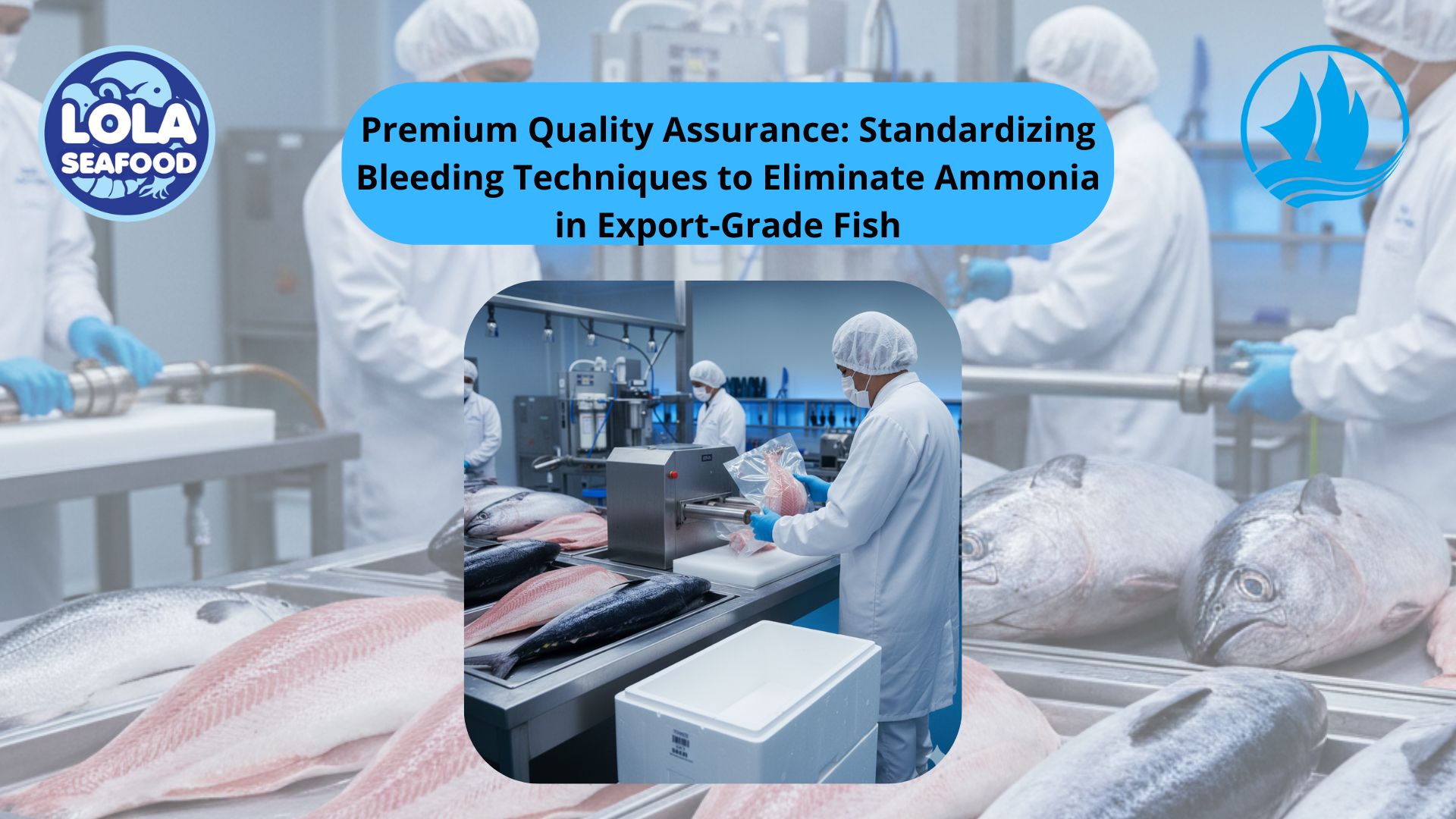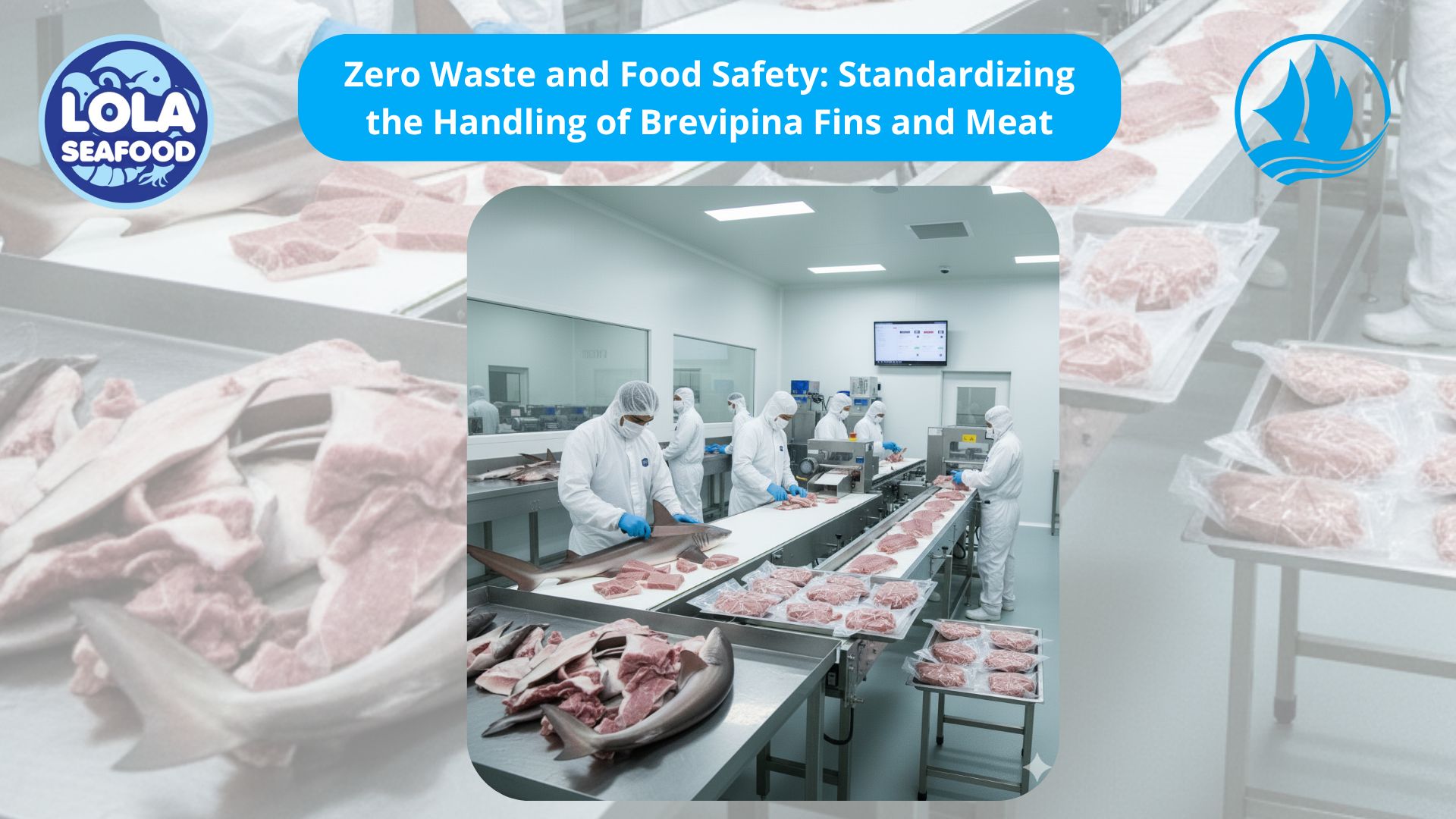Getting to Know Salmonella Bacteria
By. Fajar - 10 Sep 2025.jpg)
Kelolalaut.com Salmonella is a type of bacteria that can cause foodborne illness, often referred to as salmonellosis. It’s one of the most common causes of food poisoning worldwide, usually linked to undercooked meat, poultry, eggs, seafood, unpasteurized dairy, and contaminated produce.\
Here are the main dangers of Salmonella:
1. Gastrointestinal Illness
- Causes diarrhea (sometimes bloody), abdominal cramps, fever, nausea, and vomiting.
- Symptoms usually appear 6 hours to 6 days after infection.
- Illness can last 4–7 days, but recovery may take longer in severe cases.
2. Severe Dehydration
- Prolonged diarrhea and vomiting can cause significant fluid and electrolyte loss.
- Infants, elderly people, and those with weak immune systems are especially vulnerable.
3. Invasive Infections
- In some cases, Salmonella can spread from the intestines into the bloodstream (called invasive salmonellosis).
- This can lead to serious complications like:
- Sepsis (life-threatening blood infection)
- Meningitis (infection of the membranes around the brain and spinal cord)
- Osteomyelitis (bone infection)
4. Chronic Health Issues
- A small percentage of infected people develop reactive arthritis (painful joint inflammation) that may last for months or years.
- Some may also experience irritable bowel syndrome (IBS) after recovery.
5. High Risk Groups
Salmonella infections are especially dangerous for:
- Infants and young children (weak immune defenses)
- Older adults
- Pregnant women (risk to mother and baby)
- People with weakened immune systems (HIV/AIDS, cancer, transplant patients)
6. Food Safety Concern
- Salmonella can survive on contaminated surfaces and spread through cross-contamination in kitchens.
- Even small numbers of bacteria can cause illness if food is improperly handled.
Food Handling
- Wash hands with soap and warm water for at least 20 seconds before and after handling raw meat, poultry, seafood, or eggs.
- Use separate cutting boards: one for raw meat and another for fruits/vegetables.
- Avoid cross-contamination: don’t let raw juices drip onto cooked or ready-to-eat foods.
1. Cooking
- Cook meat, poultry, and seafood to safe internal temperatures:
- Poultry (chicken, turkey) → 74°C (165°F)
- Ground meat → 71°C (160°F)
- Seafood → until opaque and flakes easily
- Eggs → until yolk and white are firm (no runny eggs unless pasteurized)
- Use a food thermometer to check doneness.
2. Cleaning & Hygiene
- Wash cutting boards, utensils, and countertops with hot, soapy water after contact with raw food.
- Sanitize surfaces with a mild bleach solution (1 tbsp bleach in 1 liter water).
- Wash fruits and vegetables under running water before eating or cooking.
3. Storage
- Refrigerate or freeze perishable foods within 2 hours (or 1 hour if above 32°C/90°F).
- Keep refrigerator at ≤4°C (40°F) and freezer at ≤ -18°C (0°F).
- Store raw meat, poultry, and seafood in sealed containers at the bottom shelf of the fridge to prevent drips.
4. Eggs & Dairy
- Only buy pasteurized eggs, milk, and juices.
- Don’t eat raw dough, batter, or homemade sauces made with raw eggs.
5. When in Doubt, Throw It Out
- Discard food that smells, looks, or feels spoiled.
- Reheat leftovers to ≥74°C (165°F) before eating.
|
Step |
What to Do |
Why It Matters |
|
Wash Hands |
20 sec with soap |
Removes germs |
|
Separate Foods |
Raw vs. cooked |
Stop cross contamination |
|
Cook Properly |
Use thermometer |
Kills Salmonella |
|
Chill Fast |
Refrigerate ≤2 hrs |
Stops bacteria growth |
|
Clean Surfaces |
Soap + sanitize |
Prevents spread |
If youre interested in our Barramundi Whole Round / Whole Gilled Gutted Scaled , Barramundi Fillet Skinless , Barramundi Fillet Skin On and Barramundi Fillet Portion Cut please do not hesitate to contact us through email and/or whatsapp
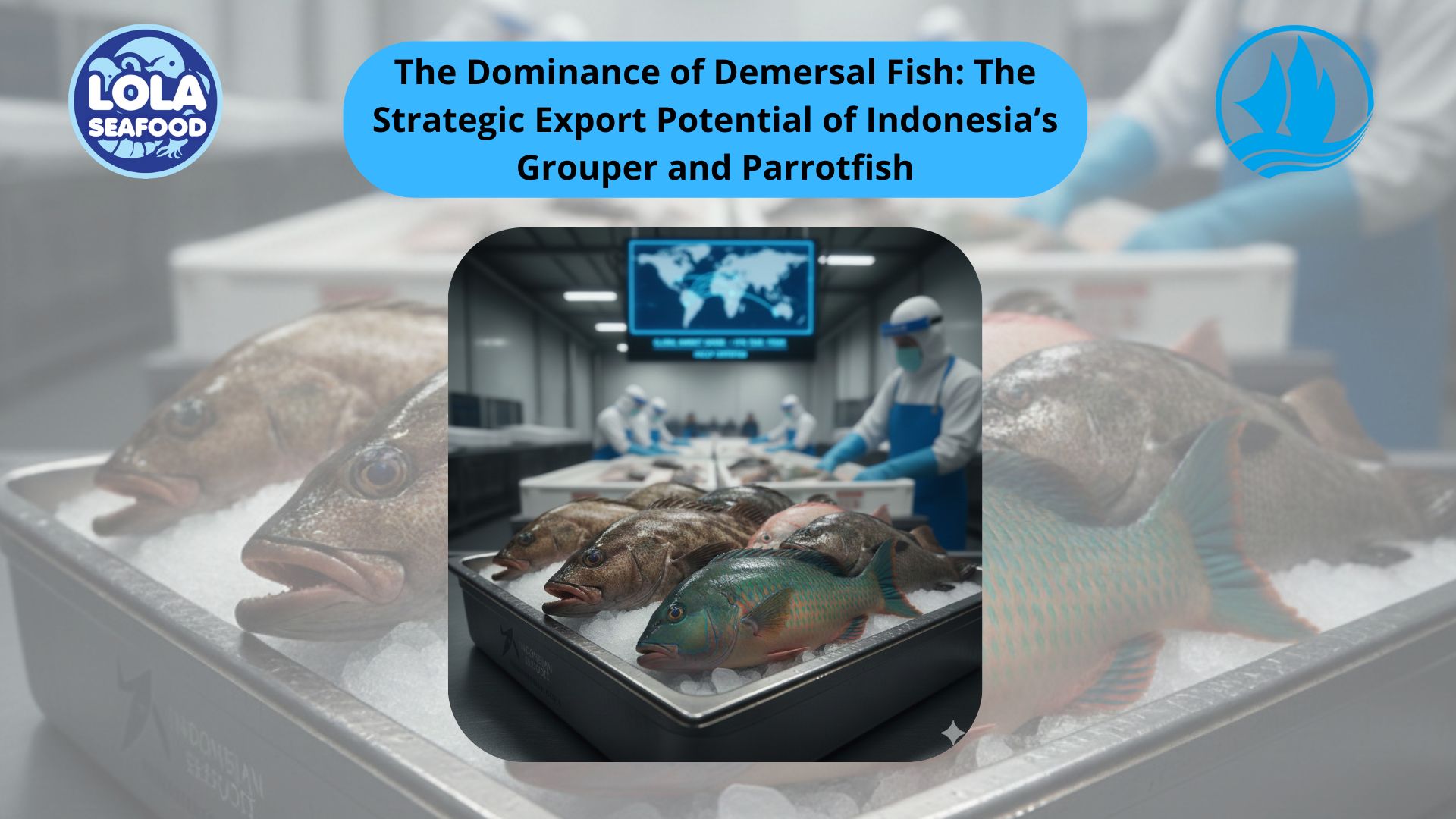
The Dominance of Demersal Fish: The Strategic Export Potential of Indonesia’s Grouper and Parrotfish
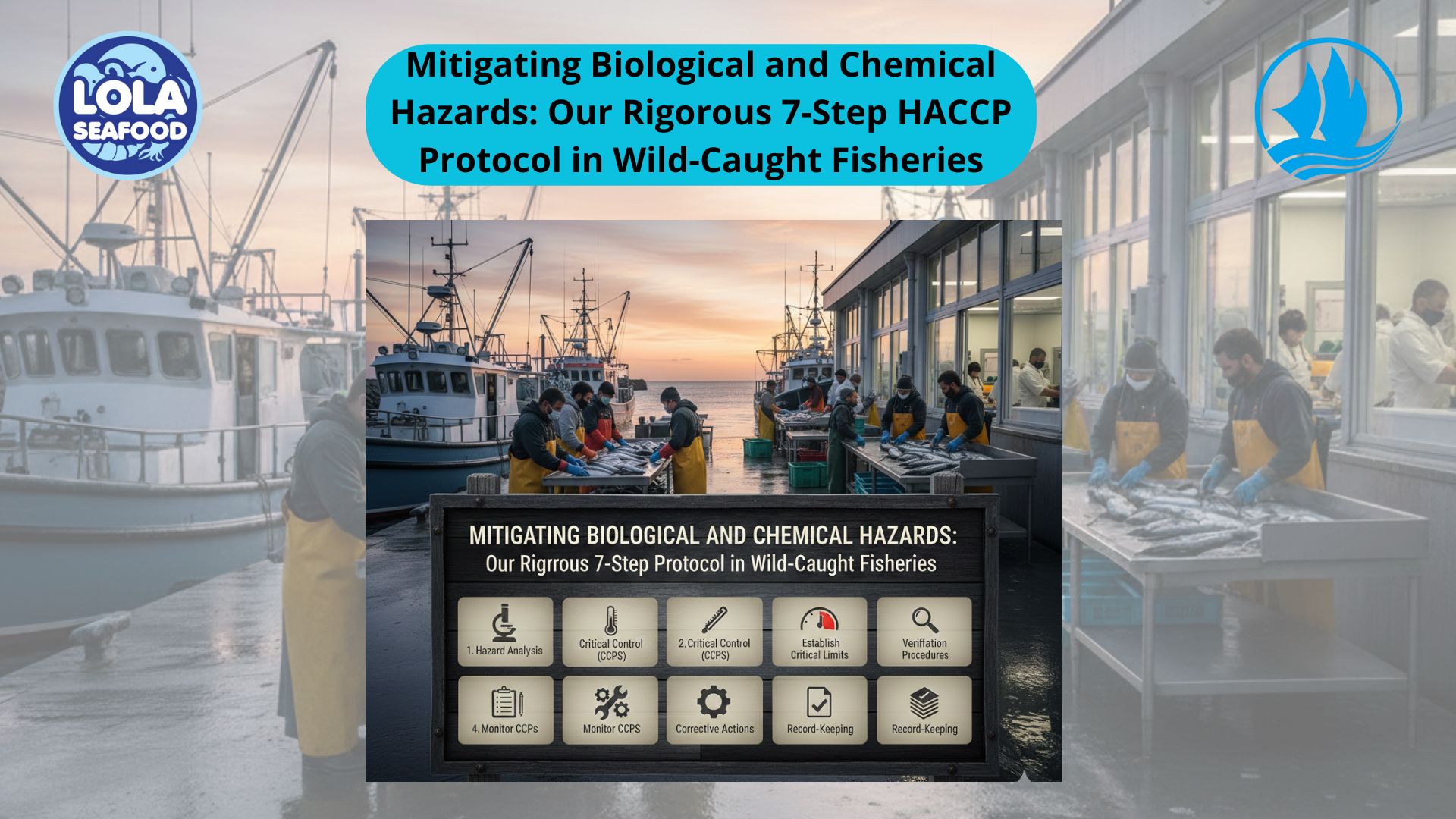

.jpg)
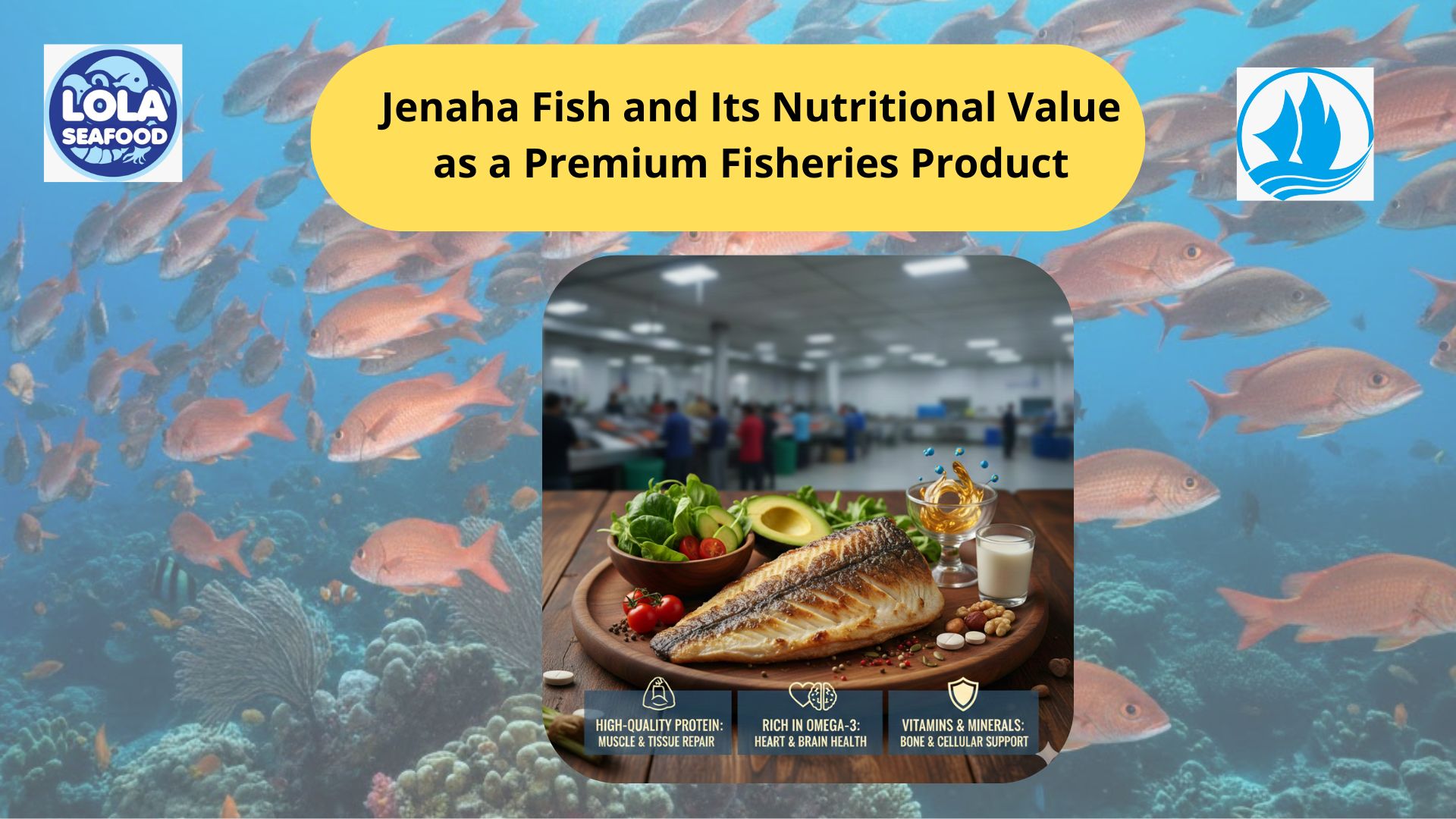

.jpg)
